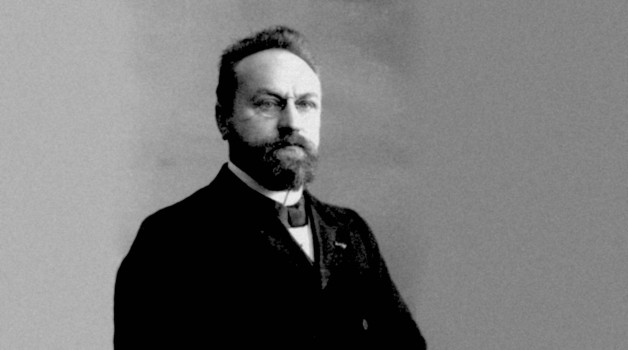In his dialogue of evolution, Bavinck gives a modified principle of improvement, rooted not beneath a mechanistic and naturalistic worldview, as Darwin does, however beneath a theistic-friendly framework. Bavinck’s dialogue of evolution as entire endorses a modified Aristotelian/Thomistic framework to be able to perceive the idea of improvement, and thus overcoming the challenges raised by Darwin’s naturalistic worldview to biblical revelation.
Present scholarship on Herman Bavinck’s view of the idea of evolution has tended to be unified in affirming that regardless of his criticism of it, Bavinck appears to offer some room for evolution. On one hand, from his dialogue of Reformed Dogmatics (initially revealed in Dutch between 1895-1901) and different writings, it could be concluded that Bavinck fights fiercely in opposition to Darwin’s evolutionary mission and appears to reject it utterly. One the opposite hand, in those self same discussions the place he treats the subject, one additionally observes that Bavinck appears to be prepared to concede some form of evolution as effectively. For individuals who imagine that Bavinck retains the notion of organic improvement of pure creatures within the Darwinian sense to be able to combine it into his understanding of biblical revelation, one difficulty emerges: whereas Bavinck appropriates the idea of improvement from the idea of evolution, he appears to make use of the time period in an opposing sense from that of Darwinism. Subsequently, in his dialogue on evolution, Bavinck progressively endorses a modified Aristotelian/Thomistic notion of improvement to be able to overcome the challenges raised by Darwin’s methodology and naturalistic worldview to biblical revelation.
When Bavinck debated evolution, he objected to a collection of options of Darwin’s principle of improvement. These objections embody the idea’s options of naturalism, its mechanistic understanding of the world, its atheistic worldview, and its teleological attribute of pure organisms. Though there exists scholarship that discusses Bavinck’s strategy to evolution; nevertheless, it largely overlooks how Bavinck understands the notion of improvement in his dialog with the idea of evolution.
*This can be a abstract of the paper revealed as “How Bavinck Responds to the Challenges of the Principle of Evolution,” Fides Reformata 26, no.1 (2021): 103-24. If you happen to’d prefer to learn this paper in full, please click on right here. All rights reserved by the writer. Utilized by permission.
Associated


